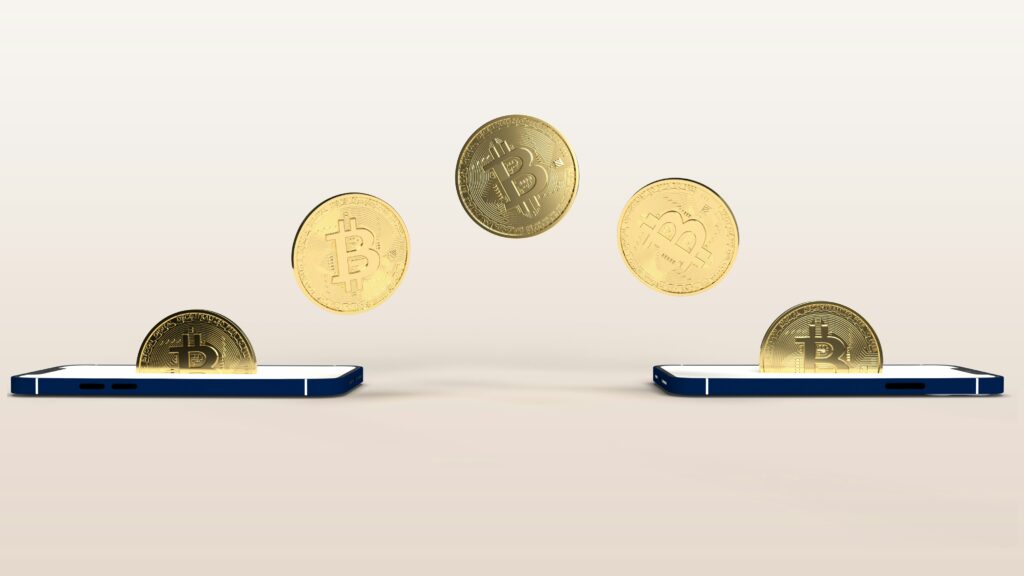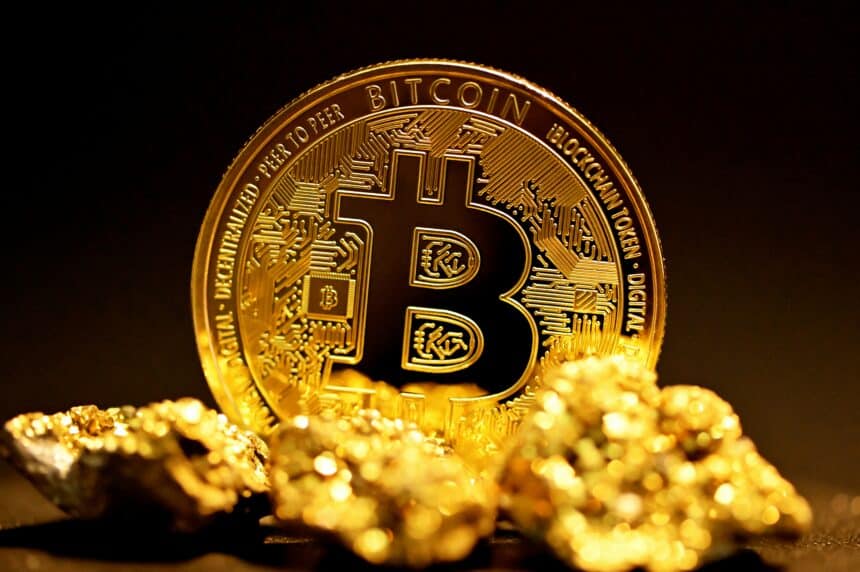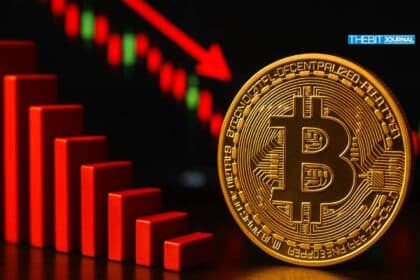The iconic Bitcoin exchange Mt. Gox, which crashed in 2014, has at last begun paying back its creditors in a long-overdue move.
In addition to bringing an end to one of Bitcoin’s worst moments, this conclusion to one of the most well-known controversies in cryptocurrency is actively influencing the asset’s market dynamics in real time.
The rehabilitation trustee for Mt. Gox, Nobuaki Kobayashi, declared on July 5 that debt reimbursements to creditors would begin in Bitcoin and Bitcoin Cash.
Repayments are made possible via a complex network of exchanges, each of which is essential to the distribution of funds.
The repayments’ magnitude is astounding. Data that is currently accessible indicates that about 47,288 BTC, or about $2.7 billion, have already been transferred from wallets connected to Mt. Gox to new addresses.
This is just the start; in the upcoming weeks, the victims will get a total of about 140,000 BTC, which is worth an astounding $9 billion at today’s exchange rates. The entire cryptocurrency market is on edge due to the sheer size of the transfers, with traders and investors intently observing every move.
Furthermore, transferring the funds across five exchanges—Bitbank, SBI VC Trade, Bitstamp, Kraken, and BitGo—seems to be quite the logistical challenge during the return process. Payout processing timelines vary throughout exchanges, with some offering instant payouts and others having a 90-day gap.
After receiving the funds, Bitbank and SBI VC Trade, two Japanese exchanges, processed the payments in a matter of hours, concluding their distributions. While this speedy action relieved creditors, several beneficiaries soon sold their freshly obtained Bitcoin, adding to the ongoing market instability.
In addition, Bitstamp promised to accelerate payments, with exchange representatives saying that they would pay out to investors before the allotted 60 days.
The effect on Bitcoin’s price was instantaneous. In just a few hours, Bitcoin fell 10% from around $62,000 to as low as $53,600 on July 4 as word of the reimbursements spread.
A wave of liquidations swept across the cryptocurrency market as a result of this steep collapse, wiping away leveraged positions worth roughly $425 million. Not just Bitcoin saw volatility; the whole cryptocurrency market shook, with numerous altcoins seeing double-digit percentage declines.
Nevertheless, Mt. Gox wasn’t the only factor in the market’s response. News of the German government selling Bitcoin worth hundreds of millions of dollars that had been seized from illegal activity coincided with these repayments.
The largest-ever single-day Bitcoin liquidation occurred on July 8 when a German government-affiliated crypto wallet sold around $900 million worth of Bitcoin, moving about 16,309 BTC to multiple external addresses in many transactions.

A portion of the transfers were sent to market makers like Flow Traders and Cumberland DRW, as well as cryptocurrency exchanges like Bitstamp, Coinbase, and Kraken.
With the German government currently almost halfway through its selling binge, having cut its holdings from 50,000 BTC to 23,788 BTC, traders anticipate that after the immediate selling pressure eases, Bitcoin prices will stabilize and possibly rise once more.
An already volatile cryptocurrency market has seen an increase in volatility with the start of the Mt. Gox reimbursements. But as the dust settles, a more complex picture appears to be taking shape. For example, since July 5, Bitcoin has exhibited remarkable resiliency, rising to about $59,000 from its initial drop to $53,600.
Mt. Gox Repayment After Math
The fact that the market could take in such a massive amount of supply shows how much more liquid and developed the Bitcoin ecosystem has become since Mt. Gox collapsed. Some experts even think that the relatively swift price recovery might be explained by the fact that a large portion of this selling pressure was “priced in” before the event. Additionally, a few major investors saw the price decline as a chance to buy, as shown by the rise in inflows into US-based spot Bitcoin exchange-traded funds (ETFs). This institutional backing has shown that Bitcoin is accepted by the financial mainstream while also offsetting the selling pressure.





























